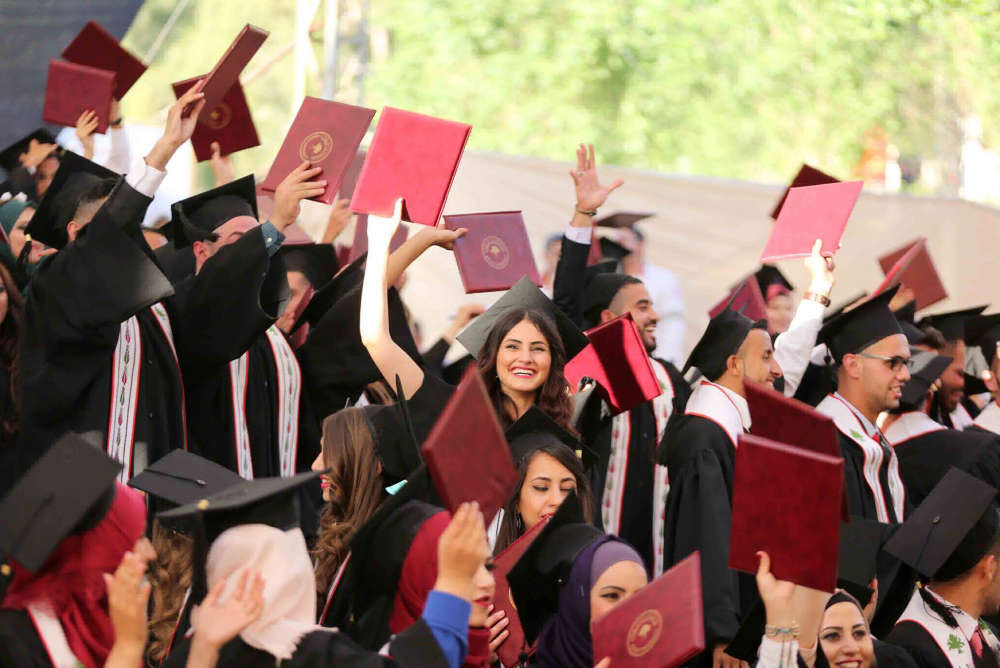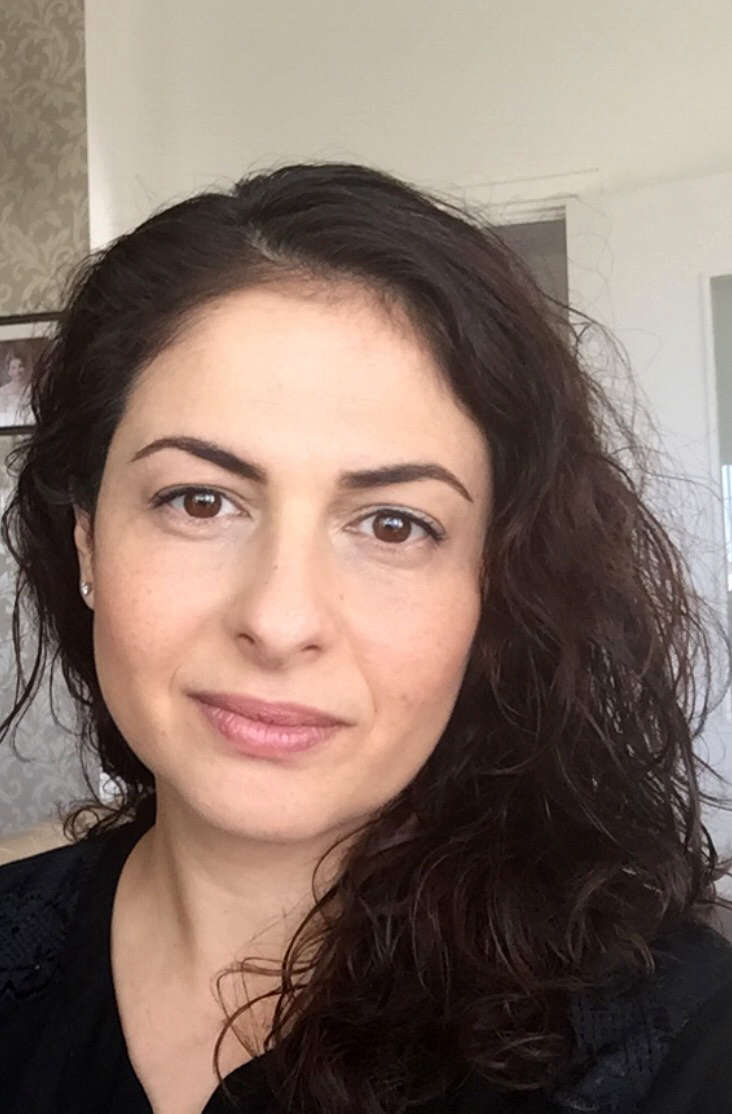The Sustainable Development Goals (SDGs) were designed as tools to support the effective implementation of the commitments that world leaders announced in September 2015. The SDGs comprise 17 goals and 169 targets for improved living conditions that are to be achieved globally by the year 2030. Also referred to as the 2030 Agenda for Sustainable Development, this framework aims to end poverty worldwide, combat inequalities, build peaceful and just societies, create conditions for sustainable and inclusive economic growth, protect human rights, promote gender equality and the empowerment of women and girls, and ensure the protection of the planet and its natural resources.
The 2030 Agenda for Sustainable Development is a top priority also for Palestine’s government. The Palestinian Authority has not only voluntarily launched its own 2030 Agenda for Gender Equality, but has also aligned its National Policy Agenda 2017-2022 and all sectoral and cross-sectoral strategies, including the gender strategy, with the SDGs.
Two-and-a-half years into the implementation of the SDGs, UN Women is closely supporting the Palestinian Ministry of Women’s Affairs in enhancing national commitments to achieve gender equality and women’s empowerment. To this end, it is working with all stakeholders to tackle and address the existing structural inequalities that constitute barriers to gender equality and women’s rights in the occupied Palestinian territory, working in partnership with the UN country team (UNCT), the prime minister’s office, and civil society actors. Recently, a national working group was established with support from UN Women to support the implementation of SDG 5 that outlines the pledge that countries “achieve gender equality and empower all women and girls” and mainstream gender across all other 16 SDGs. UN Women is committed to continue its support of national stakeholders in their efforts to localize and implement the 2030 Agenda – in alignment with the strategic objectives of the PA’s Cross-Sectoral National Gender Strategy for the OPTi and its sector strategies.
As all 17 SDGs impact the lives of women and girls, the aims to achieve the sustainable development goals in the OPT by 2030 require that great efforts are extended towards closing the gender gap across all development goals. Achieving gender equality, as embedded in Goal 5, will not be possible without addressing the inequalities in the other SDGs. Thus, by working in complementarity, is necessary to address the high interchangeability and interdependence between these goals.

A good example in this regard is education. Because it has a long-lasting effect on the socialization of children and youth, it also exerts a major impact on the existing social norms and beliefs that currently are discriminatory against women and girls. These norms can be challenged or maintained. However, Goal 5 on gender equality cannot be achieved without addressing the gender stereotypes in educational textbooks and teachers’ own beliefs, as well as other inequalities in the educational processes as a whole. Simultaneously – and as embedded in SDG 8 on Decent Work and Economic Growth – the employability and future employment of young women and girls cannot be enhanced, and their ability to join the labor force cannot be promoted unless we enhance the gender sensitivity and responsiveness of the technical- and vocational education and training programs (TVET) that are provided by different service providers, including the government.
Besides structural and social barriers, the lacking alignment of national legal frameworks with international laws and Palestinian national commitments must be addressed. Women and girls’ equitable access to quality services and opportunities must be assured, and their full participation in decision making in political and economic processes has to be secured. This requires that we continuously demand increased responsiveness of the duty bearers who must turn gender-equality commitments into actions at the national level.
A significant challenge facing the implementation of the Sustainable Development Agenda is the occupation, which affects all aspects of the lives of all Palestinian women, men, boys, and girls, and limits the possibility of making a lasting change in the West Bank and Gaza. The ongoing blockade is causing continuous and dramatic deterioration of the humanitarian conditions in Gaza and raising alarm bells in the international humanitarian community – and yet there is no solution in sight. Implementation of the agenda simply entails and requires significant and coordinated efforts to enhance the human rights situation of Palestinians, and national stakeholders and communities must be empowered to be able to tackle intrinsic inequalities in the Palestinian society.
i Ministry of Women’s Affairs, Cross-Sectoral National Gender Strategy: Promoting Gender Equality and Equity 2011-2013, Palestinian National Authority, available at http://www.lacs.ps/documentsShow.aspx?ATT_ID=4052.




